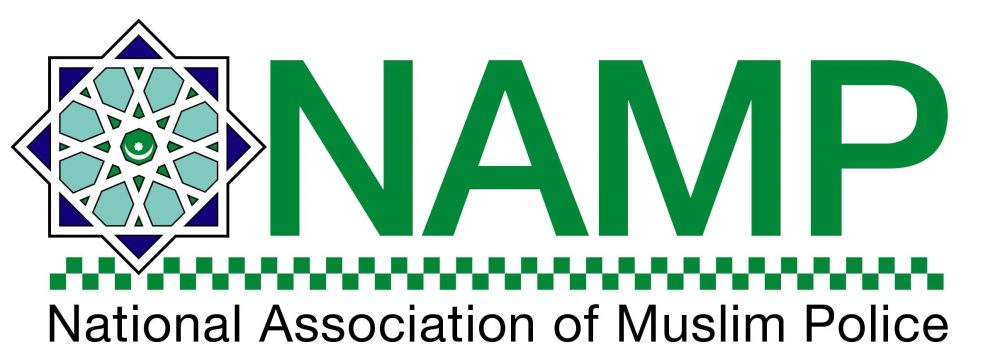A group of Muslim police officers is working to make it harder to speak publicly about how extremists in the UK use their faith as a justification for terror attacks. In mid-November, the National Association of Muslim Police (NAMP) asked the Home Office and the National Police Chiefs Council (NPCC) to stopping using terms as “Islamist,” “Islamism,” and “Jihadism” in their public utterances. In their place, NAMP recommends the use of phrases such as “Daesh-inspired terrorism” and “anti-Western extremism.”
To justify the request, NAMP cited a survey of its members indicating that 85 percent of Muslim police officers and 92 percent of the Muslim community in general believed that the use such terms had a direct link to “Islamophobic” sentiments.
Islamism is an Arabic word which is widely used globally, not only in the Muslim world but by Islamists themselves, to describe their politics.
David Toube
NAMP’s efforts to police the use of language dates back to 2019 when the organization submitted evidence to the Home Affairs Select Committee’s inquiry into “Islamophobia.” The NAMP claimed that the terms “Islamist” and “Islamism” were used to describe a “self-defined Muslim” when in fact, “the actions and ideologies taken by these so called ‘Islamists’ are far from ‘Islamic.’”
The organization’s attempt to portray Islamism and jihadist violence as having nothing to do with Islam was to no avail. Cressida Dick, then Metropolitan Police Commissioner said she would continue to use the words in an interview with LBC host Nick Ferrari.
NAMP’s second attempt to change counter terrorism terminology came in November, 2022, designated as “Islamophobia Awareness Month” promoted in part by the Islamist organisation Muslim Engagement and Development (MEND). In 2018, MEND’s head of policy, Isobel Ingham Barrow, compared the status of Muslims in the UK to that of Jews in Germany prior to the Holocaust in a 2018 speech.
In its second run at the issue, NAMP, which has around 2000 members, again asserted that using words such as “Islamist” and “Islamism” conflates Islam with extremism. With this argument NAMP was hoping get politicians to engage what Harrison Swinhoe, a researcher at the University of Leeds, calls “accidental takfirism” by convincing them to declare that Islamists and jihadists are not “real Muslims.” (Takfir is an Arabic term used describe the excommunication of someone from Islam by declaring them a “Kafir‘ or “disbeliever.”) Swinhoe warns that when non-Muslim politicians engage in “accidental takfirism, they actually legitimize intra-Muslim violence. More to the point, prohibiting the use of the word “Islamism” makes it impossible to confront the movement as intent on injecting Islamic norms into public life.
Ironically enough, NAMP’s demand that non-Muslim politicians refrain from using the word Islamism flies in the face of its regular use by Muslims themselves. A 2018 report by the Policy Exchange revealed that while Muslims sometimes “claim that using the word Islamist is an Islamophobic act … many of those same groups and individuals seem to acknowledge that the term has validity and meaning” by using the word themselves in their writings. For example, the Muslim Brotherhood acknowledged its Islamist roots on its English language website, in a 2011 declaration that it wanted to “dialogue” with the West.
The Muslim Association of Britain, the Policy Exchange reports, has also accepted the use of the term Islamist, “as part of an argument claiming that Islamism forms a largely moderate political movement.” Other luminaries who have used the I-word include Muhammad Abdul Bari, former secretary general of the Muslim Council of Britain, former chairman of the East London Mosque, and Azzam Tamimi, an official with the Muslim Association of Britain. Tariq Ramadan has also used the word, in an essay titled “Beyond Islamism.”
The Policy Exchange concluded that “We cannot counter Islamism, if we cannot identify it; and we cannot identify it if we lack the terms by which to understand it. Ideas matter – and so do words.”
Policing language in reference to Muslim violence can have deadly consequences by making law enforcement officials reluctant to confront suspicious behavior by Muslims for fear of being labelled a bigot. Something like this happened at the Manchester Arena in 2017 when a security guard at the Ariana Grande concert was reluctant to confront the bomber, Salman Abedi, for fear of being labelled racist. Similar fears contributed to the failure of officials to confront grooming gangs in numerous cities throughout the UK for decades.

“Islamism is an Arabic word which is widely used globally, not only in the Muslim world but by Islamists themselves, to describe their politics,” said David Toube, a former counter-extremism professional who opposes NAMP’s proposal. “It is a term of art which is universally understood. To tinker with terminology is to introduce unnecessary confusion, which in turn will result in mistrust in the British police.”
Wasiq Wasiq is a journalist specializing in defense and terrorism. You can follow him on Twitter: @WasiqUK
